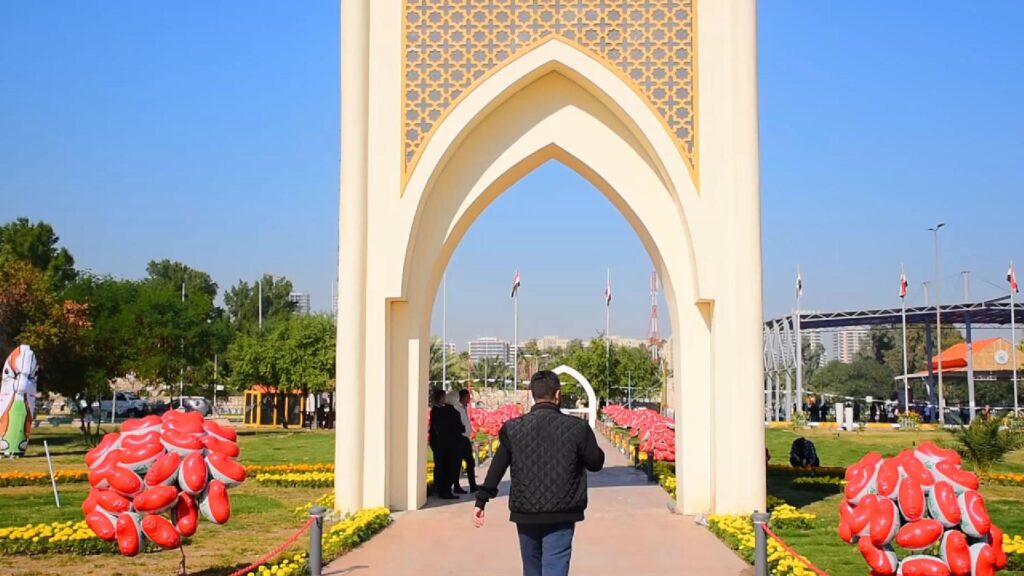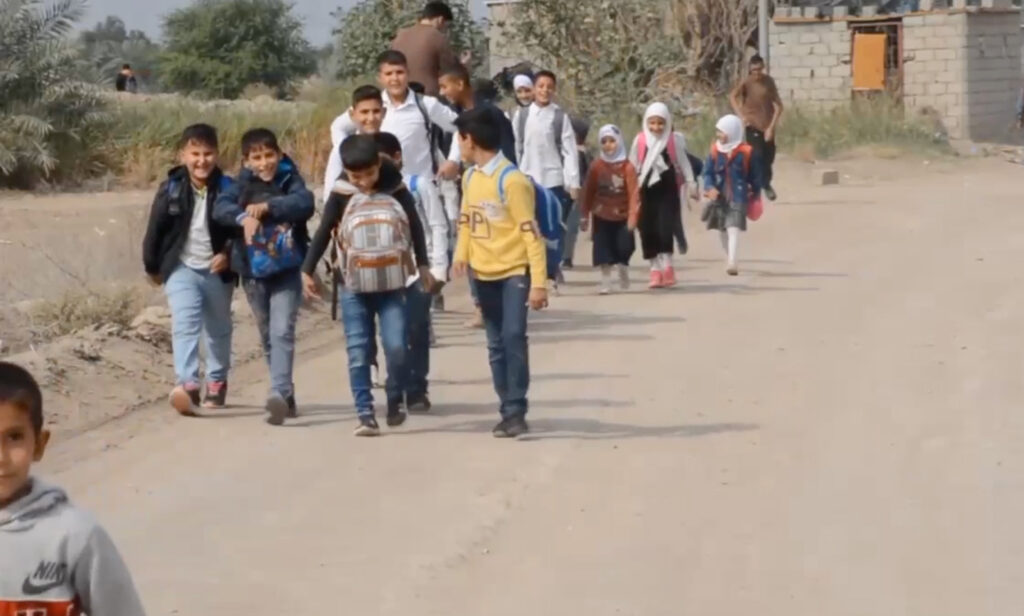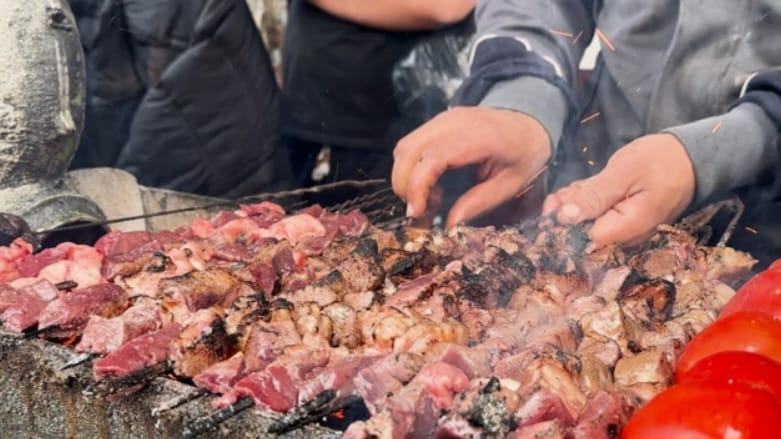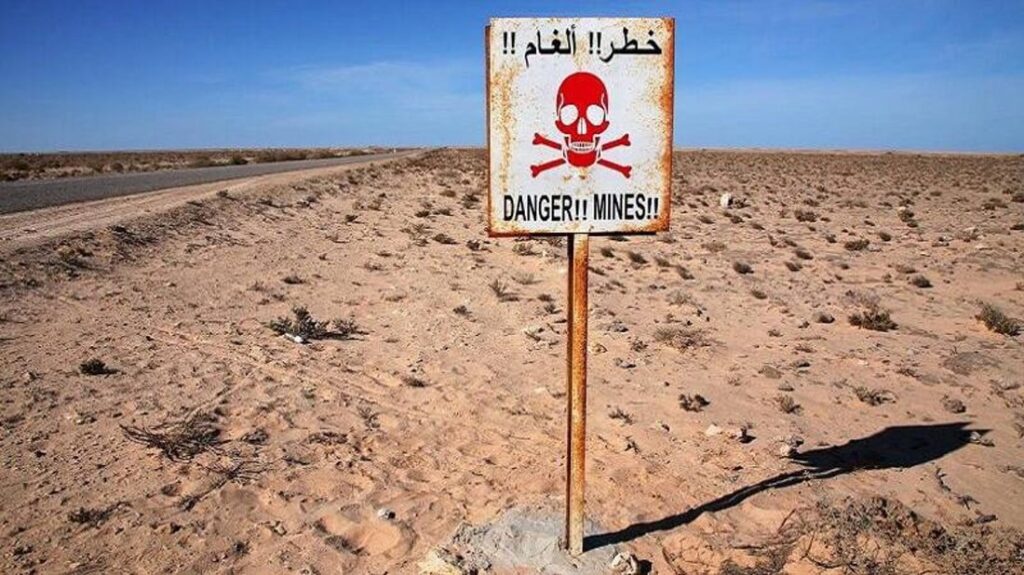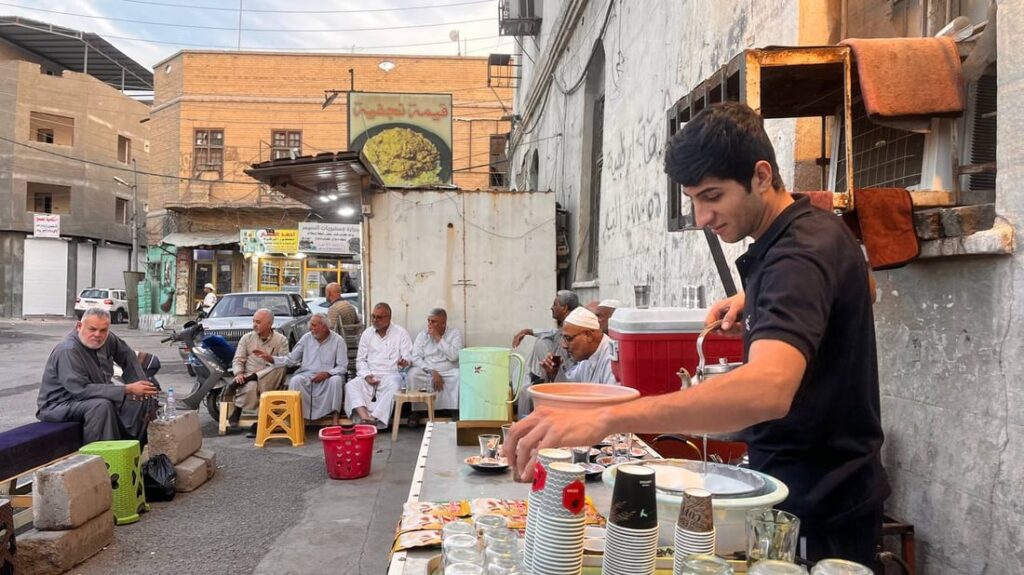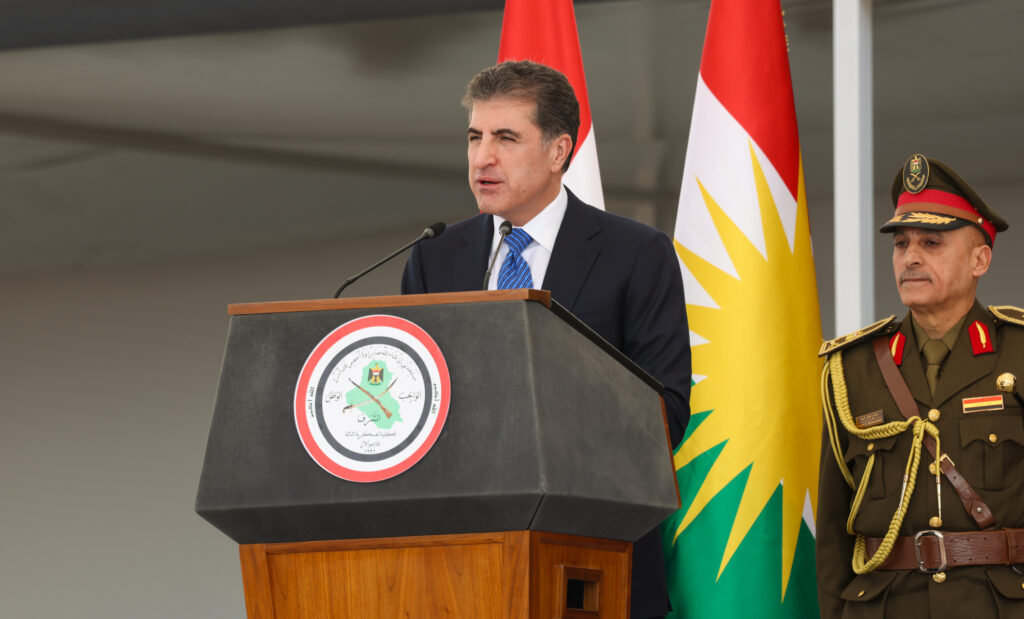Kirkuk official alleges ‘Arabization’ as province gains new Arab voters in 2019

ERBIL (Kurdistan 24) – As local governments gear up for provincial elections scheduled to take place in early 2020, a senior Kurdish official from Kirkuk alleged on Friday that forced demographic change was taking place in the province with tens of thousands of ethnic Arabs having moved there in recent months and given the ability to vote.
“This will have a major effect,” said Rebwar Talabani, the head of the Kirkuk Provincial Council (KPC). He told Kurdistan 24, “We call upon the federal government [of Iraq] prevent any changes as soon as possible.”
According to official numbers from the Ministry of Trade, in the past seven months, ration cards of close to 39,000 ethnically Arab individuals have been switched from other provinces to Kirkuk. This effectively allows persons of eligible age to vote in the provincial elections, now set to be held next April.
Ration cards are a form of identification through which the government provides families with a number of food items each month as a form of aid to low-income households. However, all families are eligible to receive it and it is a primary civil identity document used in connection with elections.
“There is an official decree from the Council of Ministers to all provinces including Kirkuk that says no department is allowed to make any change in the nationality registration or ration cards with the intended purpose of creating demographic change,” Talabani added.
“This goes against the constitution... but there is no one to hold to account” those behind these actions, he concluded.
The Kurdistan Regional Government (KRG) and the Iraqi federal government contest whether or not the province should be part of the Kurdistan Region.
Kirkuk, home to Kurds, Arabs, Turkmen, and Christians, is the epicenter of contention between Erbil and Baghdad and the most prominent of the territories disputed by the two.
Article 140 was introduced into the Iraqi constitution to allow its 2005 ratification by kicking controversial decisions on the disputed territories down the road, but over a decade has passed since the 2007 deadline for the article's implementation.
Claims of forced demographic change have been commonplace in Kirkuk province, which historically has a Kurdish majority population. The demography of the area was dramatically shifted in the late twentieth century during the reign of Saddam Hussein, who led a genocidal campaign against the Kurds.
Read more: Kurdistan parliament investigates 'Arabization' in Iraq's disputed territories
Following the ouster of Hussein’s Baathist regime in 2003, the process entered a reversal and many Kurds moved to the province, with some allowed to return to lands that had previously been taken from them.
However, after Iraqi forces and Iran-backed Hashd al-Shaabi militias pushed Kurdish Peshmerga forces from Kirkuk in late 2017, allegations of the forced displacement of Kurds began to pop up as more and more cases emerged where landowners were told to vacate by ethnically Arab claimants who were in possession of Saddam-era documents.
Several Kurdish officials have accused the ethnically Arab acting governor that was installed at the time, Rakan Saeed, of facilitating ethnically divisive policies in efforts to tip the balance against Kurds, who have a majority of seats in the KPC and as a result are entitled to choose Kirkuk’s governor.
Editing by John J. Catherine

